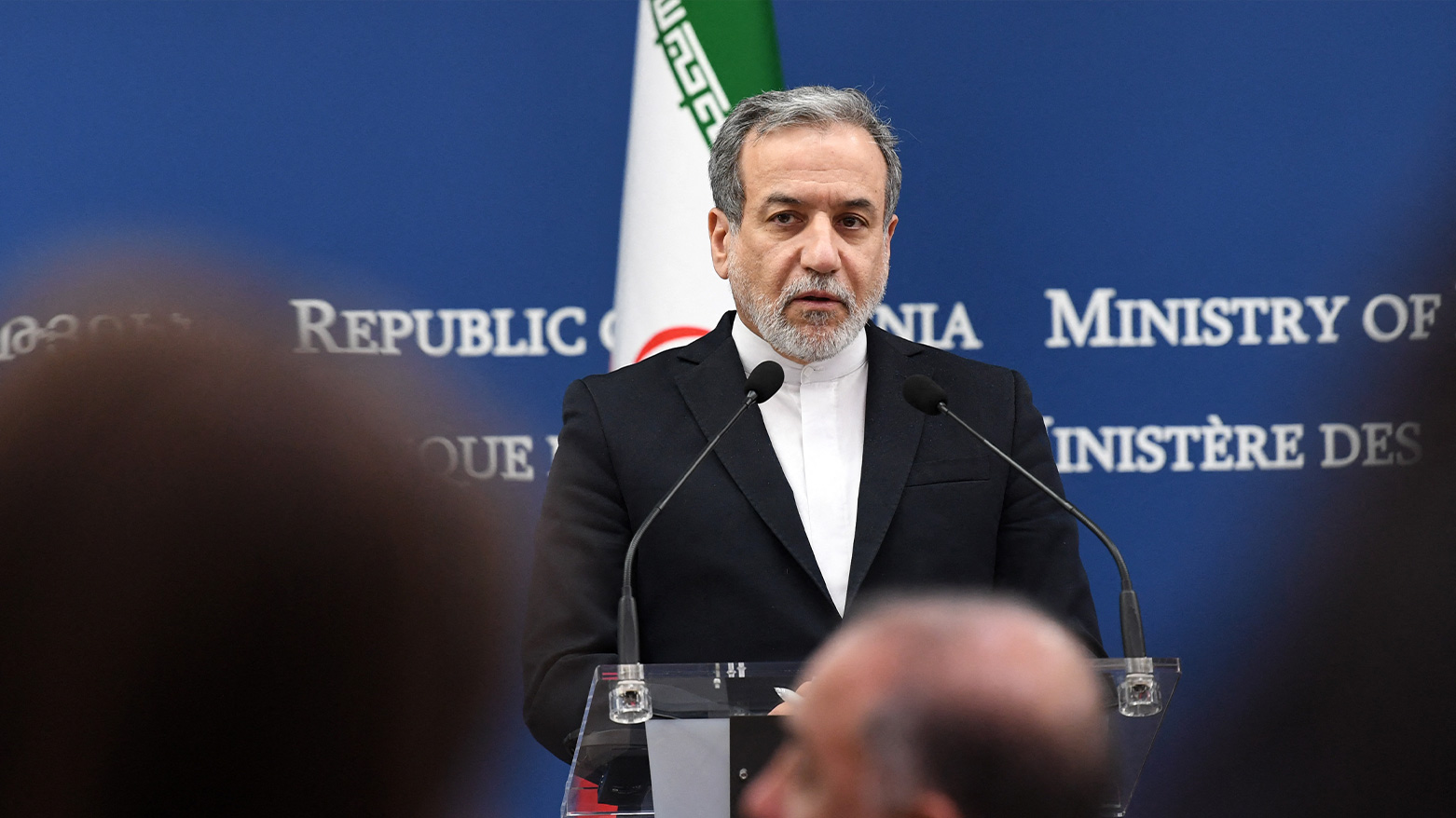Iran Sends Official Response to Trump’s Letter Through Oman
“Indirect negotiations, though, can continue, as they existed in the past,” he said, noting that diplomatic engagement with European powers—including Britain, France, and Germany—constitutes indirect dialogue with the U.S.

By Kamaran Aziz
ERBIL (Kurdistan24) – Iranian Foreign Minister Abbas Araghchi has confirmed that Tehran has formally replied to a letter sent by U.S. President Donald Trump, relaying the message via Oman and reiterating its position that Iran will not engage in direct negotiations while under pressure.
Speaking to Iran’s state news agency IRNA on Thursday, Araghchi stated that Iran’s official response was delivered through the appropriate diplomatic channels, with Oman acting as the intermediary. “The official response comprises a letter wherein our viewpoints regarding the status quo and Mr. Trump’s letter have been fully laid out and relayed to the other side,” he said.
President Trump’s letter, sent on March 12 via an emissary from the United Arab Emirates (UAE), reportedly called on Tehran to begin talks toward a new deal, following the U.S. withdrawal from the 2015 nuclear agreement in 2018. While the full content of Trump’s message has not been publicly disclosed, he has indicated that the aim is to initiate negotiations on curbing Iran’s nuclear ambitions and addressing regional security concerns.
In his remarks, Araghchi emphasized that Iran continues to reject direct talks with Washington as long as it remains under the burden of “maximum pressure” policies and military threats. “Indirect negotiations, though, can continue, as they existed in the past,” he said, noting that diplomatic engagement with European powers—including Britain, France, and Germany—constitutes indirect dialogue with the U.S.
Araghchi further clarified last week that Iran’s refusal to negotiate directly with Washington is tactical rather than strategic, reflecting a diplomatic approach that seeks to preserve leverage while navigating a volatile geopolitical landscape. “In circumstances where there is ‘maximum pressure,’ no one in their sound mind would enter into direct talks,” he said.
The issue of trust remains central to Iran’s position. The Iranian Supreme Leader Ayatollah Ali Khamenei has firmly ruled out direct engagement with the United States, citing a lack of trust in Washington’s ability or willingness to honor its commitments. “The Islamic Republic will not negotiate with the U.S. because we do not trust them to adhere to any contractual obligations,” Khamenei previously stated.
Trump’s administration reactivated its maximum pressure campaign on February 4 through a presidential memorandum, re-imposing sanctions and intensifying diplomatic and economic constraints on Iran. Despite these measures, President Trump has continued to signal openness to diplomacy, stating publicly that he prefers negotiation over military confrontation but warning that the U.S. would act decisively if provoked.